Residential electricity rates have risen significantly across the US, increasing by more than 30 percent on average in just five years. This trend has had a profound impact on the recent elections, with Democrats successfully linking clean energy to household bills to win over voters.
According to election results, Democrats made significant gains in several states, including Virginia and New Jersey, where they campaigned on the issue of affordability and the rising cost of electricity. In these states, voters overwhelmingly blamed President Donald Trump for the high prices, with many recognizing that state and local officials also play a crucial role in determining utility bills.
"I think what we saw in this election is that voters are really starting to connect the dots between the cost of electricity and the policies that are driving those costs," said a spokesperson for the Democratic National Committee. "We're going to continue to make the case that clean energy is not only good for the environment, but also good for people's pocketbooks."
The connection between clean energy and household bills proved to be a winning strategy for Democrats, with many voters expressing frustration over rising power bills. In a statement, a spokesperson for the Republican National Committee acknowledged that the issue of affordability had resonated with voters, but argued that Democrats' focus on clean energy was misguided.
"While we understand that voters are concerned about the cost of electricity, we believe that Democrats' emphasis on clean energy is a distraction from the real issue at hand," said the spokesperson. "The fact is, clean energy is still a relatively expensive form of energy, and it's not clear that it's the best solution for American families."
Despite this criticism, Democrats are likely to continue to emphasize the connection between clean energy and affordability in the coming months. As the US continues to grapple with the challenges of climate change, it remains to be seen whether this strategy will pay off in future elections.
In the meantime, policymakers are working to address the issue of rising power bills. Some states, such as California and New York, have implemented policies aimed at reducing the cost of electricity and promoting the use of clean energy. Others, such as Texas and Florida, have taken a more cautious approach, emphasizing the need for a balanced energy mix that includes a range of different sources.
As the debate over clean energy and affordability continues, one thing is clear: the issue of rising power bills is here to stay, and it will likely remain a major factor in future elections.
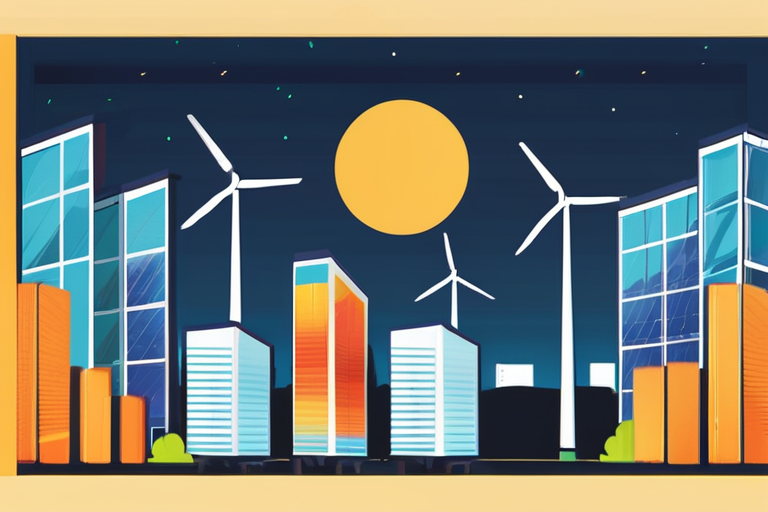


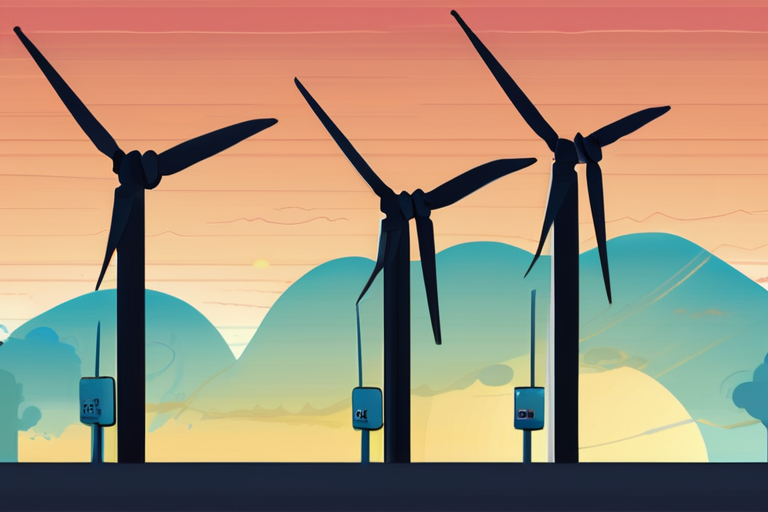
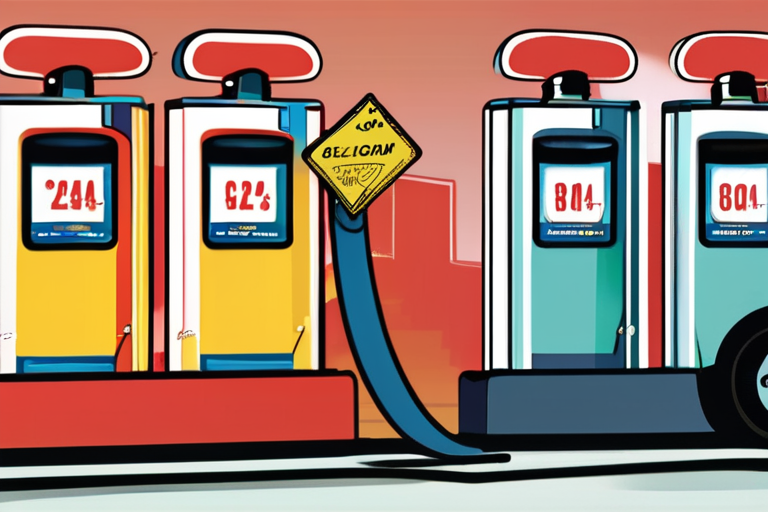
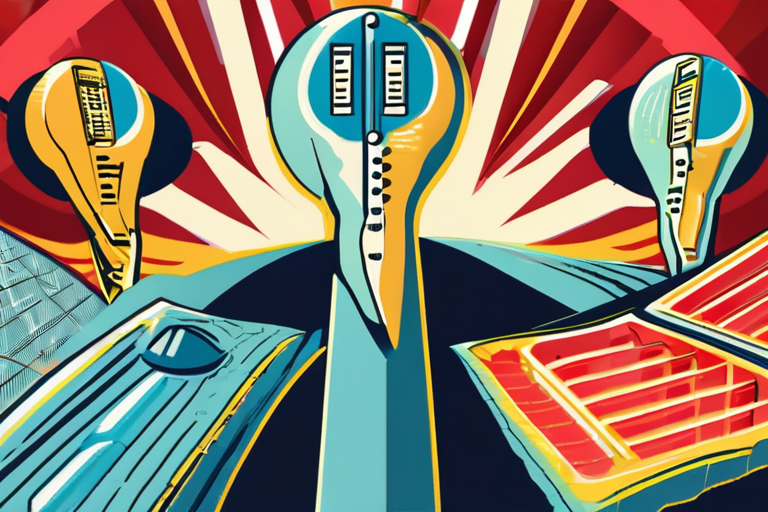

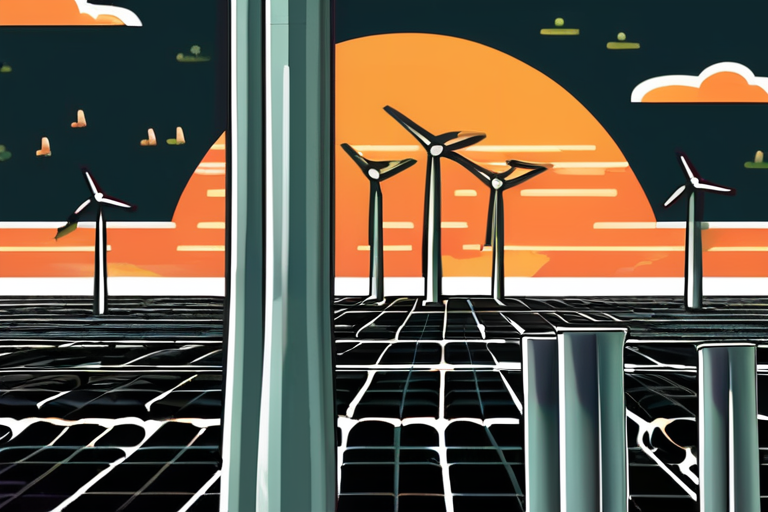



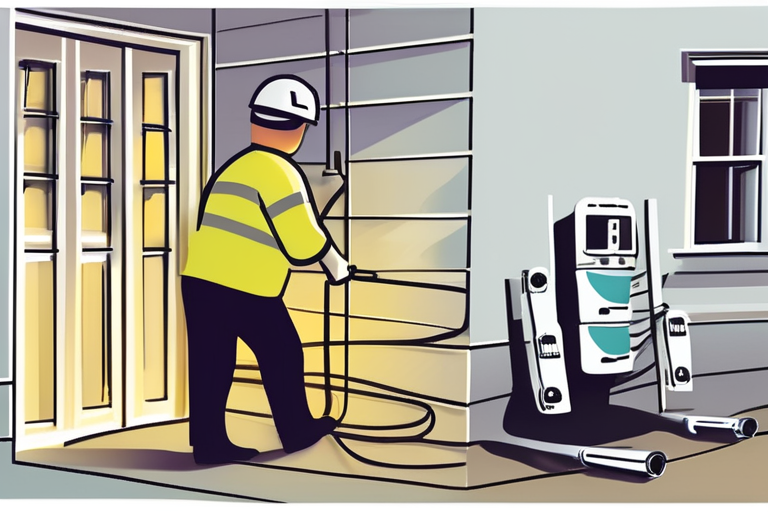
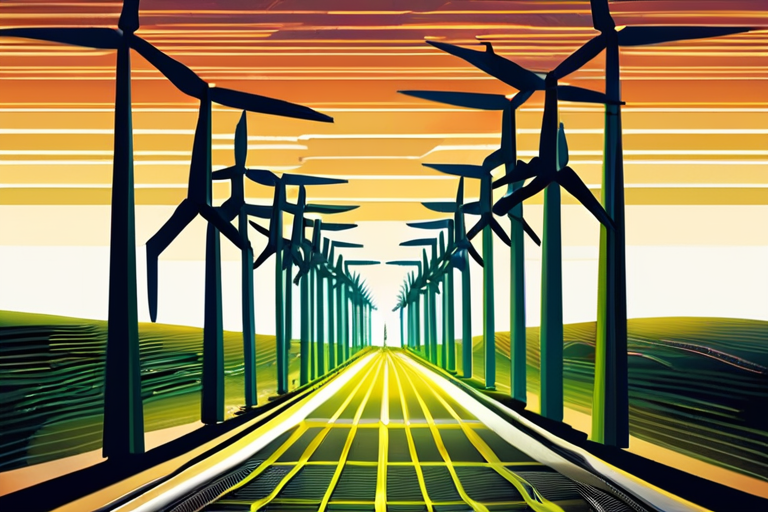
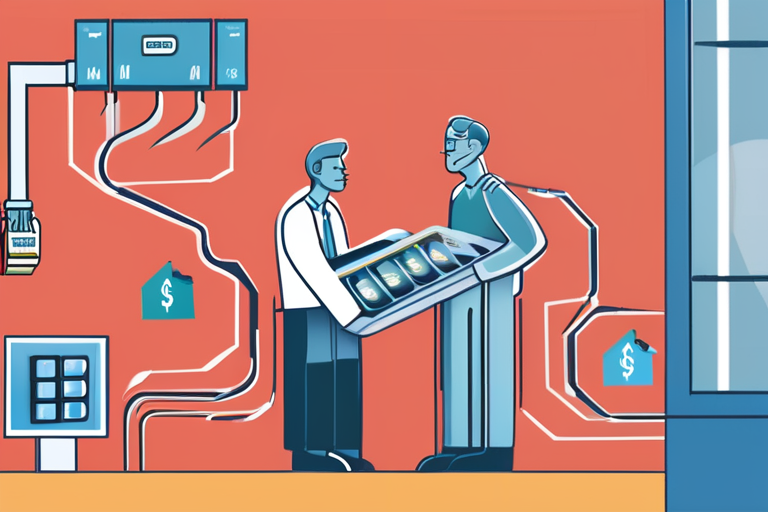
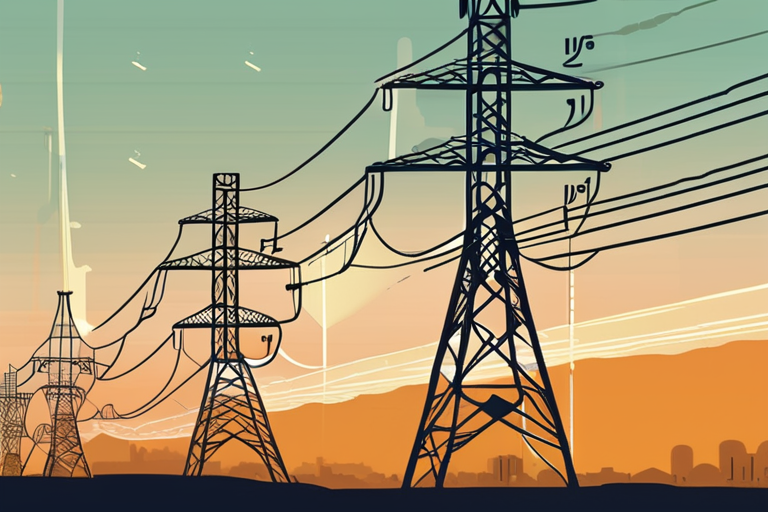
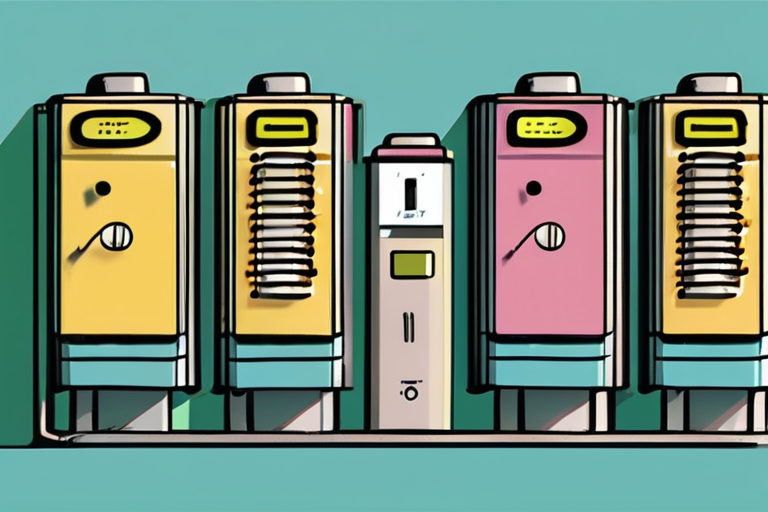


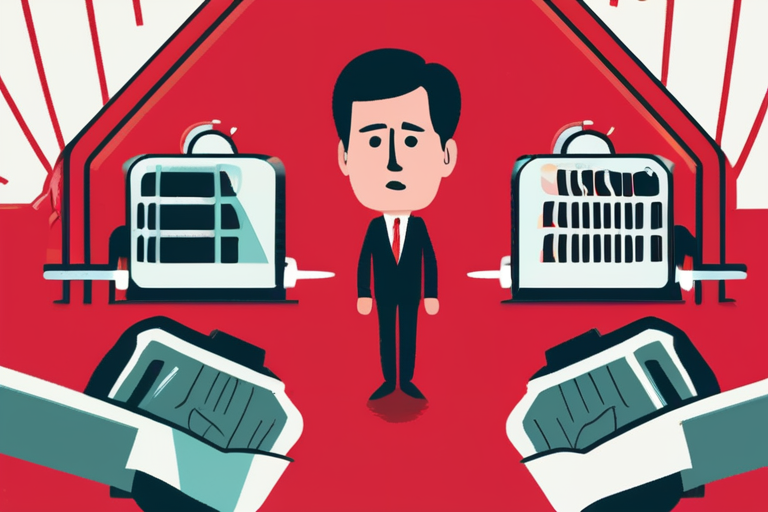

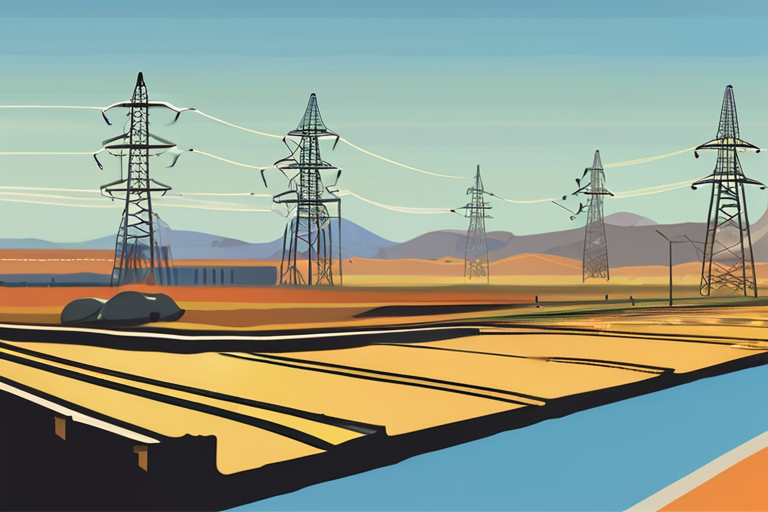


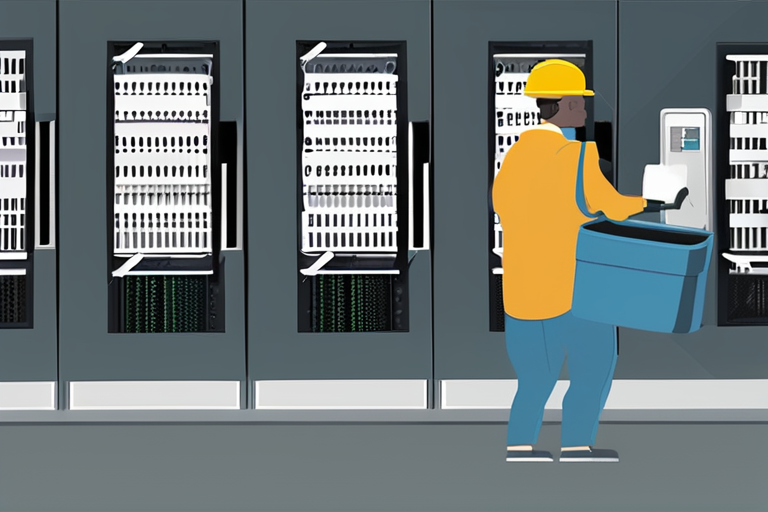
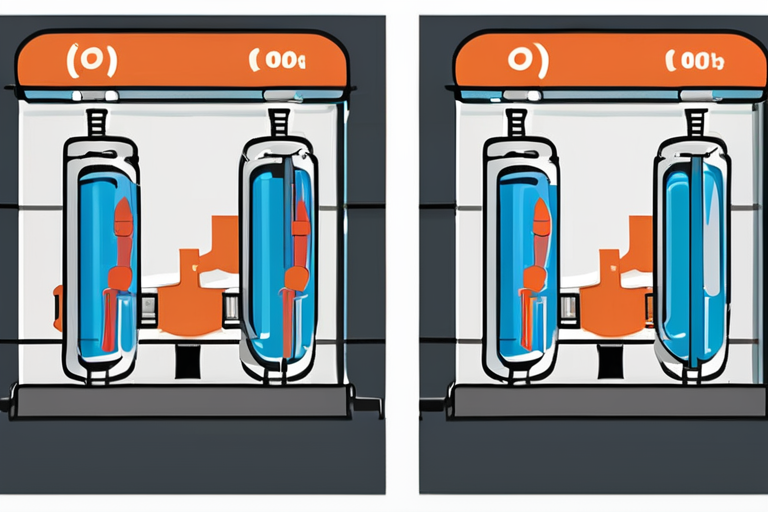


Share & Engage Share
Share this article